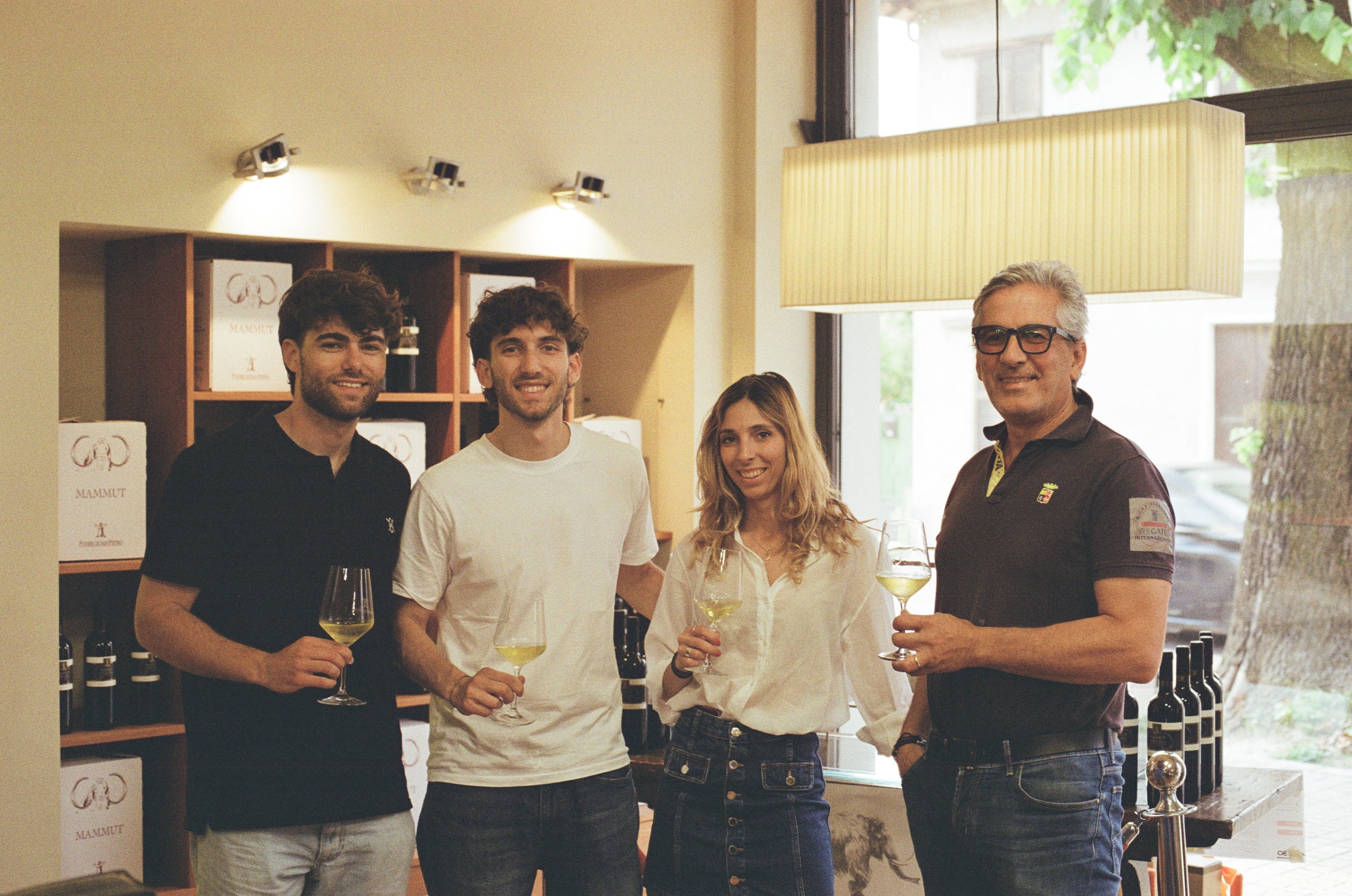
BELMILAN, together with Poderi di San Pietro - Edo's family business - selected 7 wines to bring you the best tasting experience.
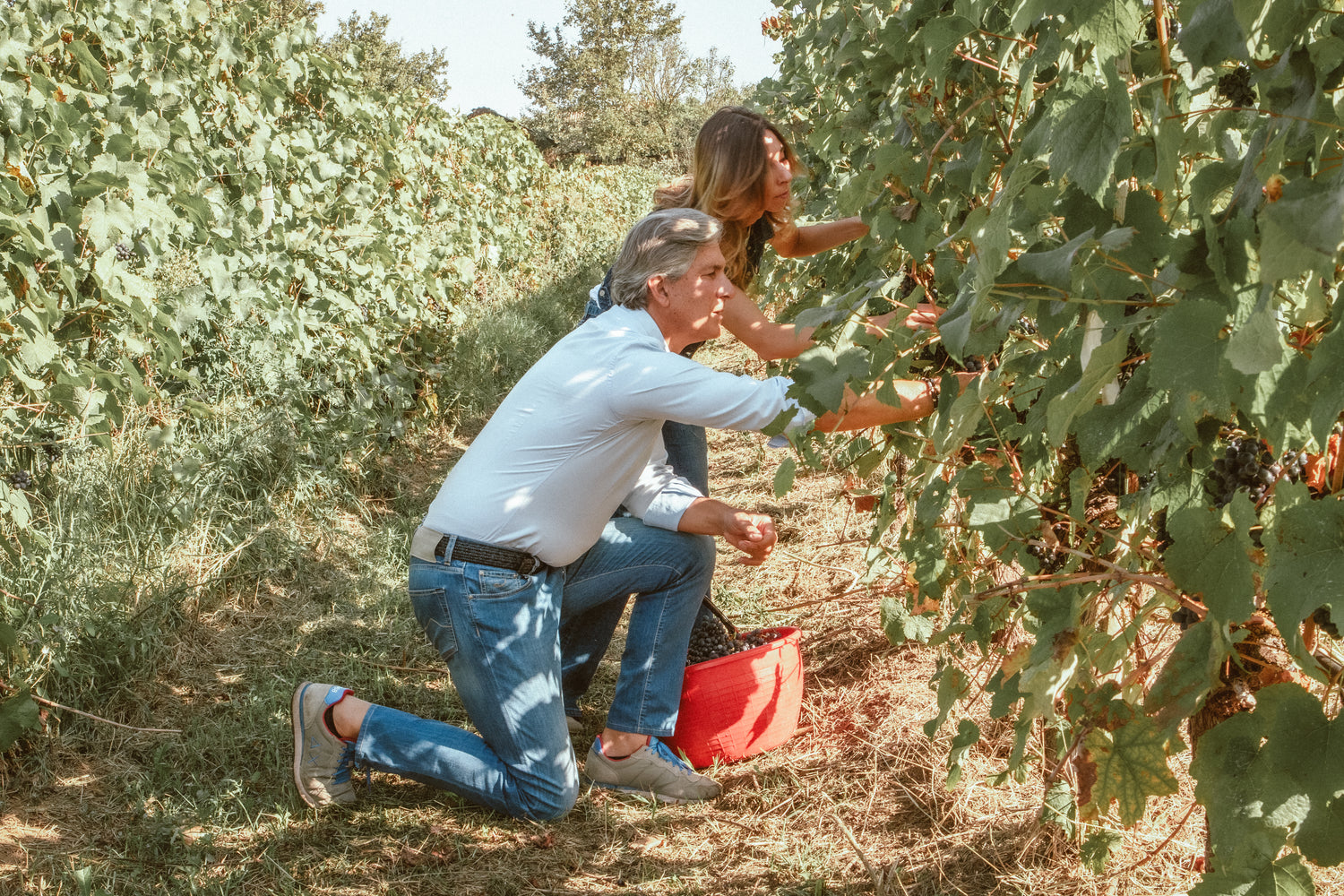
family business
Edo's family, the "Toninelli", is involved in the agricultural sector since 1954 and Edo is part of the 3rd generation embracing this journey.
Poderi di San Pietro was founded in 1998, and the winery manages 54 hectares of vineyards to produce its high-quality wines “from the grape to the bottle”.
What distinguishes Poderi di San Pietro is the high-quality of raw materials handpicked from its own vineyards, the use of advanced technology in the winery, and the experience and passion that their employees bring daily.
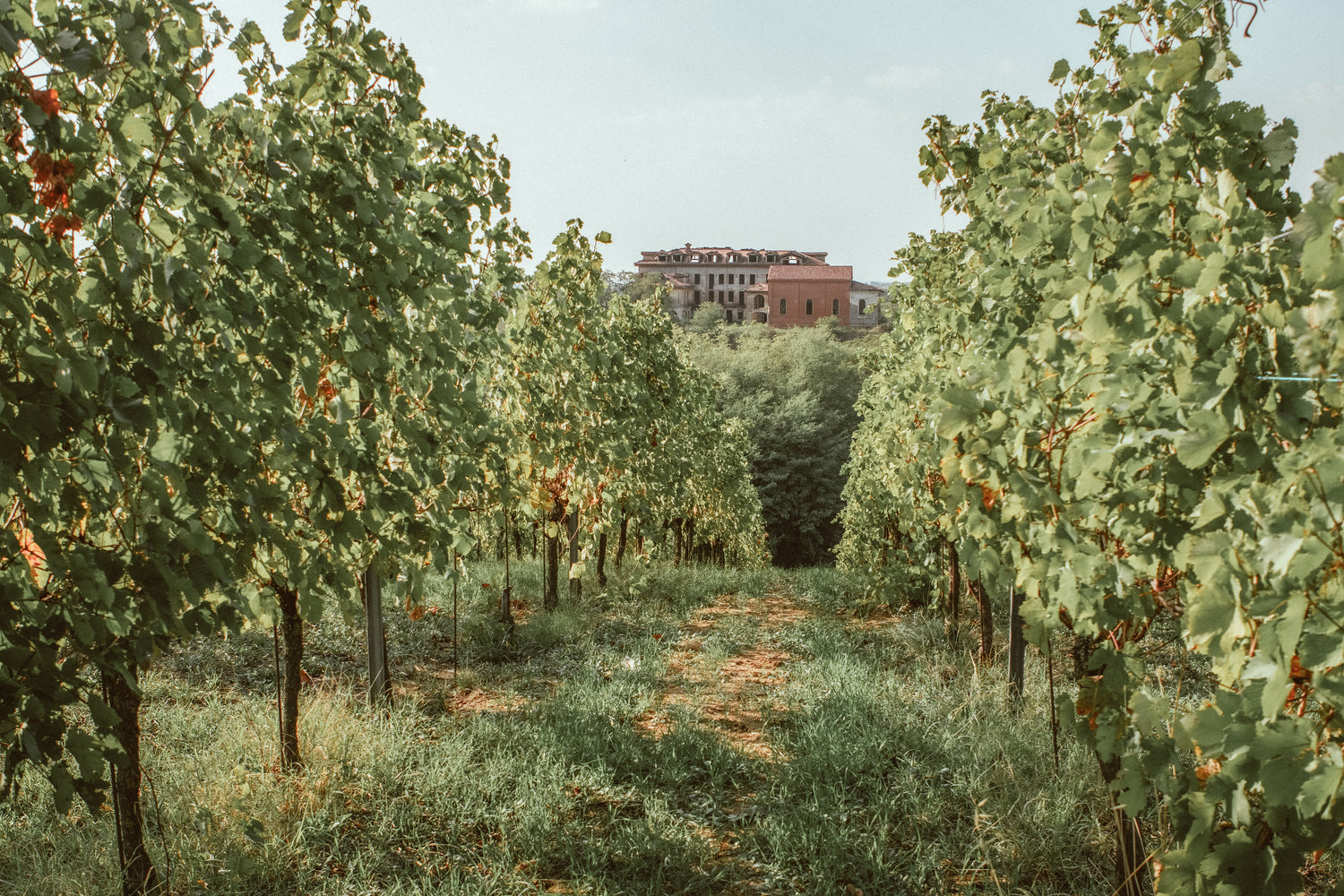
territory
Poderi di San Pietro arise in a unique location: San Colombano al Lambro, a small winemaking region in Lombardy - the only one in the province of Milan.
With a viticulture heritage dating back to the Roman Empire, the area is named after the monk Colombano who introduced the winemaking art.
Today, the land offers ideal condition, and the diverse soil - with sandy, silty, and calcareous zones, make the hill an ideal habitat for the production of every type of wine.
The fertile soil is enriched with organic deposits left by the sea millennia ago, and the distinctive minerality derived from numerous springs in the area .
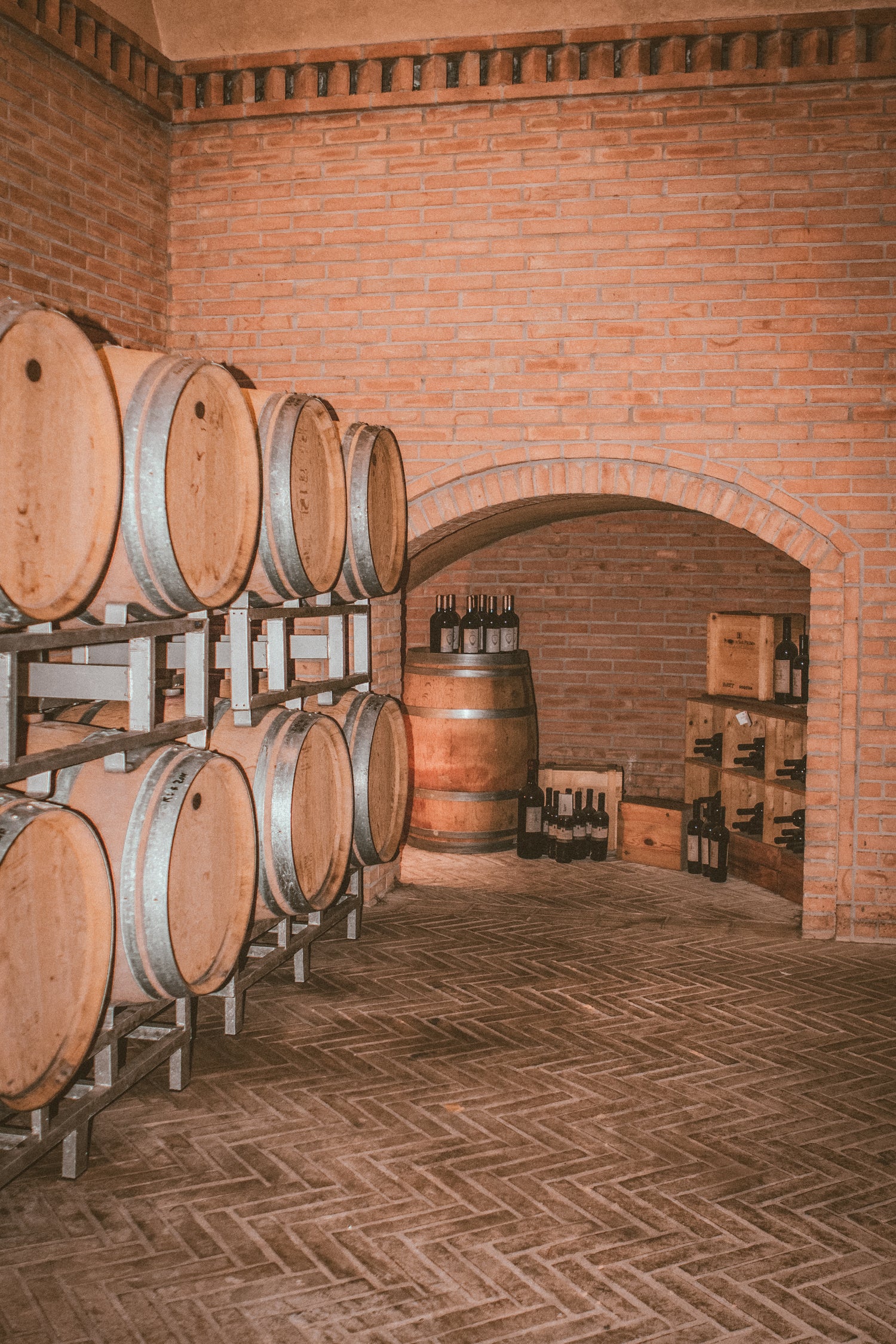
the wine of milan
The winery is part of the only D.O.C. and I.G.T. of the province of Milan "San Colombano D.O.C." and "Collina del Milanese I.G.T.". In fact, the vineyards grow only 40km away from the Duomo in Milan.
In the territory Poderi di San Pietro cultivates
- Red grapes: Croatina, Barbera, Uva Rara, Merlot, Cabernet, Syrah, and Pinot Noir.
- White grape : Chardonnay, Trebbiano, Cortese, Malvasia, Pinot Grigio, and Verdea.
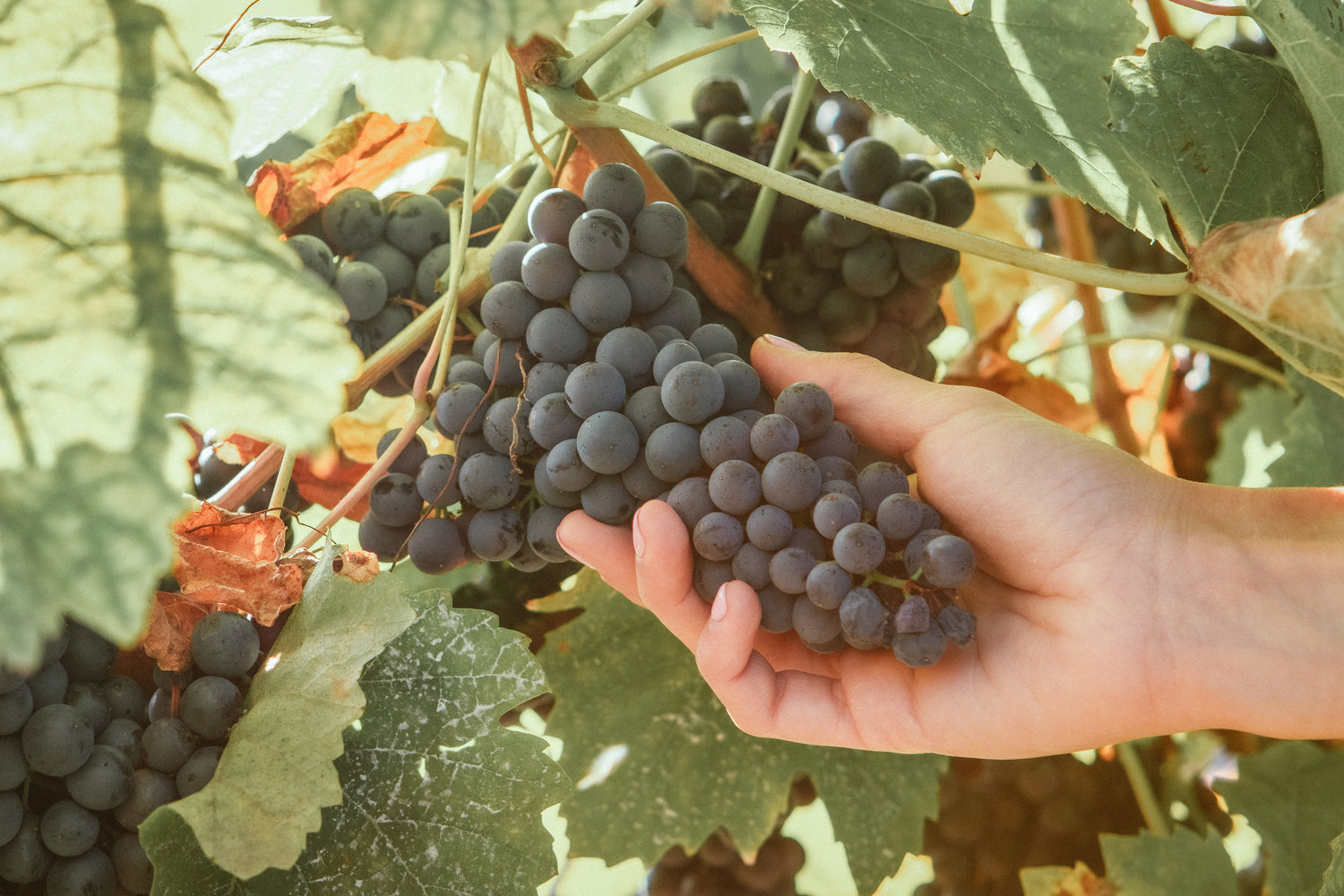
sustainability
Poderi di San Pietro minimize its carbon footprint by using solar energy, and promoting manual operations like harvesting and pruning.
The winery is also committed in the preservation of hectares of forests across the hills to protect biodiversity and increase CO2 absorption. The winery also support be pollination by planting roses as natural pest indicator.
Lastly, Poderi applies integrated pest management (IPM) a strategy to reduce chemical use and promotes no-tillage farming, preserving soil health and reducing CO2 emissions.
